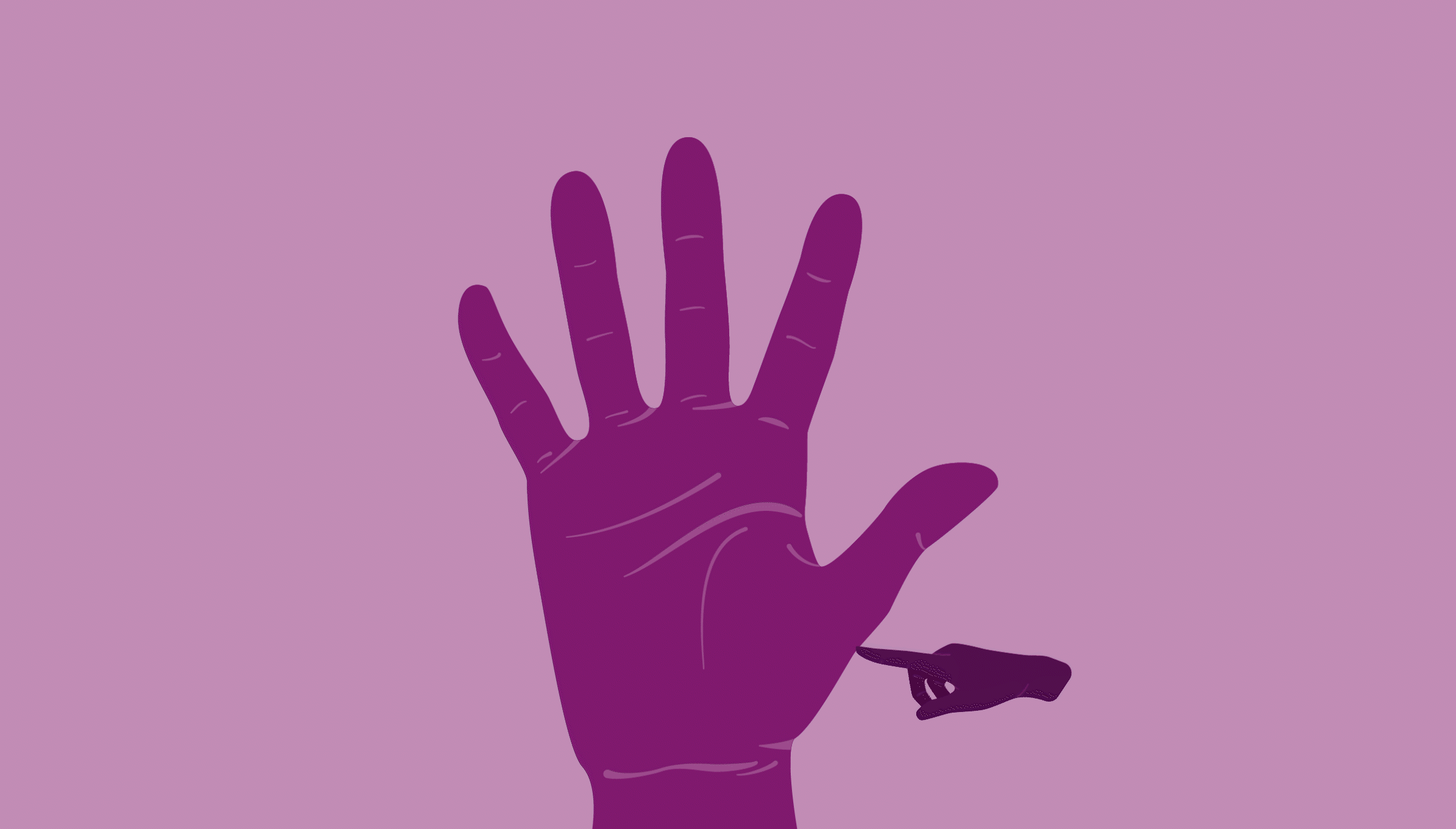Why Hot Weather Can Increase Anxiety — and How to Deal

Ah summer, a time for sunshine, baseball and family vacations — and anxiety?
Many people view summer as a time of frolicking and fun, but this rosy perception can feel bewildering if instead you experience a spike in anxiety, depression or panic attacks.
While summer anxiety isn’t an official diagnosis in the DSM-5TR, the American Psychological Association’s latest manual for making mental health diagnoses, it functions similarly to how some people experience a dip in mood during the winter months: A change in your external environment affects how you feel, in this case increasing anxiousness.
“There is a lot of overlap between symptoms of depression and symptoms of anxiety, like feeling restless, irritable and having trouble sleeping. For some people, those symptoms can take on a seasonal pattern that also show up in the summer, much like some folks experience seasonal affective disorder in the winter,” says Sarah Campbell, assistant professor in the UW School of Medicine Department of Psychiatry and Behavioral Sciences.
In all likelihood, this summer is going to be hot, with the potential to be a record-setting scorcher. With high temperatures ahead, here’s how to handle heat-related anxiety.
Why do you feel more anxious in the summer?
Several factors can create the perfect storm for summer anxiety.
The increase in daylight hours can mess with your circadian rhythm, or your sleep-wake cycle, making it difficult to fall asleep and get enough rest to feel well. High temperatures can also prevent sleep, since ideal conditions are like a cave: quiet, dark and a cool 60-67 degrees F.
From a physiological standpoint, symptoms of overheating may feel like those of anxiety (shortness of breath, sweating, flushing and an increase in heart rate), which could cause you to have more anxious thoughts.
“If you focus on those symptoms, it could start to trigger anxiety if you don’t stop yourself to say, ‘Wait a minute, these are symptoms of just being hot — there’s nothing wrong in this moment for me to be anxious about,’” Campbell says.
Worry about climate change or recalling past trauma, if it occurred in a hot location (which can be common for veterans, Campbell says), can also play a role.
Plus, in the Pacific Northwest, there’s pressure to make the most of the summer months before the winter gloom sets in — and this can be overwhelming. Even if you aren’t stacking your schedule, having to turn down activities can make you feel guilty, and it’s easy to feel FOMO and anxiety and wonder if you made the right decision.
Why you might have more panic attacks in the summer
Similar to how heat and humidity can prompt anxiety, they can also increase panic attacks.
Recent research out of South Korea found that even short-term exposure to higher temperatures may increase your risk of panic attacks.
“You take normal experiences that are to be expected in summer, like your heart beating faster or sweaty palms, and interpret them through anxiety, which can trigger a panic attack,” Campbell says.
Especially in Seattle, where many houses and apartments don’t have AC, high temperatures may cause you to worry about whether you will be able to tolerate the heat. If you ruminate on those thoughts and start to catastrophize (yeah, we’ve been there), it can lead to a panic attack. The same concept holds true if you feel worried about air quality during wildfire season and feel you can’t take a deep breath due to smoke.
“Our brains and bodies are connected to each other,” Campbell says. “The more you focus on symptoms, the more intense they become. You get in a loop of what you’re paying attention to, which makes the symptoms worse, which makes you pay attention to them more.”
How to reduce summertime anxiety and panic attacks
While you can’t change the summer weather, you can help yourself feel better prepared.
Cope with climate change anxiety
It’s understandable if you’re worried about climate change: the effects are real, and they are scary. (And fires and heat in the summer only make these changes more apparent.)
Taking concrete actions like advocating for climate action and volunteering with local initiatives can help. It’s also important to practice self-care and talk to loved ones about how you’re feeling.
Schedule breaks
If you’re tempted to pack your schedule in the summer, be sure to block out downtime. This way you are intentionally carving out time to take breaks and recoup.
“If you set aside time to relax, you will feel more relaxed overall and it will be harder to get to that more intense level of anxiety,” Campbell says.
Get adequate sleep
Set yourself up for sleep success by keeping yourself and your space as cool as possible. Use air conditioning or a fan if you can, sleep with an icepack under your pillowcase and take a cool shower before getting into bed. Avoiding intense workouts and alcohol before bed can also help you sleep better.
If you’re still struggling to fall asleep, Campbell recommends practicing five-finger breathing to slow your breathing and relax your body. To try it, inhale slowly to a count of four, as you imagine slowly tracing up each finger, pause at the top of your finger, and exhale to a count of four or five as you slowly trace down.

Prevent and treat panic attacks
“Two things are really helpful for panic attacks. One is practicing slow breathing and the other is having some kind of mantra or self-talk statement you can use to help your brain and body sync back up,” Campbell says.
You can practice slow breathing by counting your breaths, which will help calm your body down, even if you are still having panicked thoughts. Inhale for four seconds then exhale for six. For a mantra, try repeating to yourself ‘I am safe where I am,’” Campbell says.
And if you want additional help treating panic attacks, cognitive behavioral therapy is one of the most effective treatments for panic, and there are mental health experts who can support you.

 Healthy ideas for your inbox
Healthy ideas for your inbox





